- Government of Montenegro
Montenegro to introduce Barnahus model to support ...
Montenegro to introduce Barnahus model to support child survivors and witnesses of violence, abuse and sexual exploitation
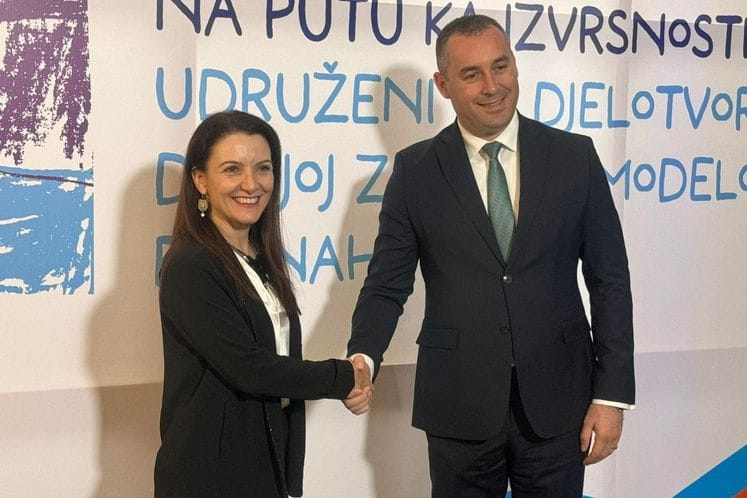
The Government of Montenegro, with support from UNICEF, Council of Europe and the European Union, have today announced the introduction of a multidisciplinary model that provides child-friendly support for child survivors and witnesses of violence, abuse and exploitation, Barnahus (Children’s House).
The announcement was made at the regional conference “Elevating Excellence: Uniting for Effective Child Protection with the Barnahus Model” organized in Podgorica by the Government of Montenegro, UNICEF, Council of Europe and the EU.
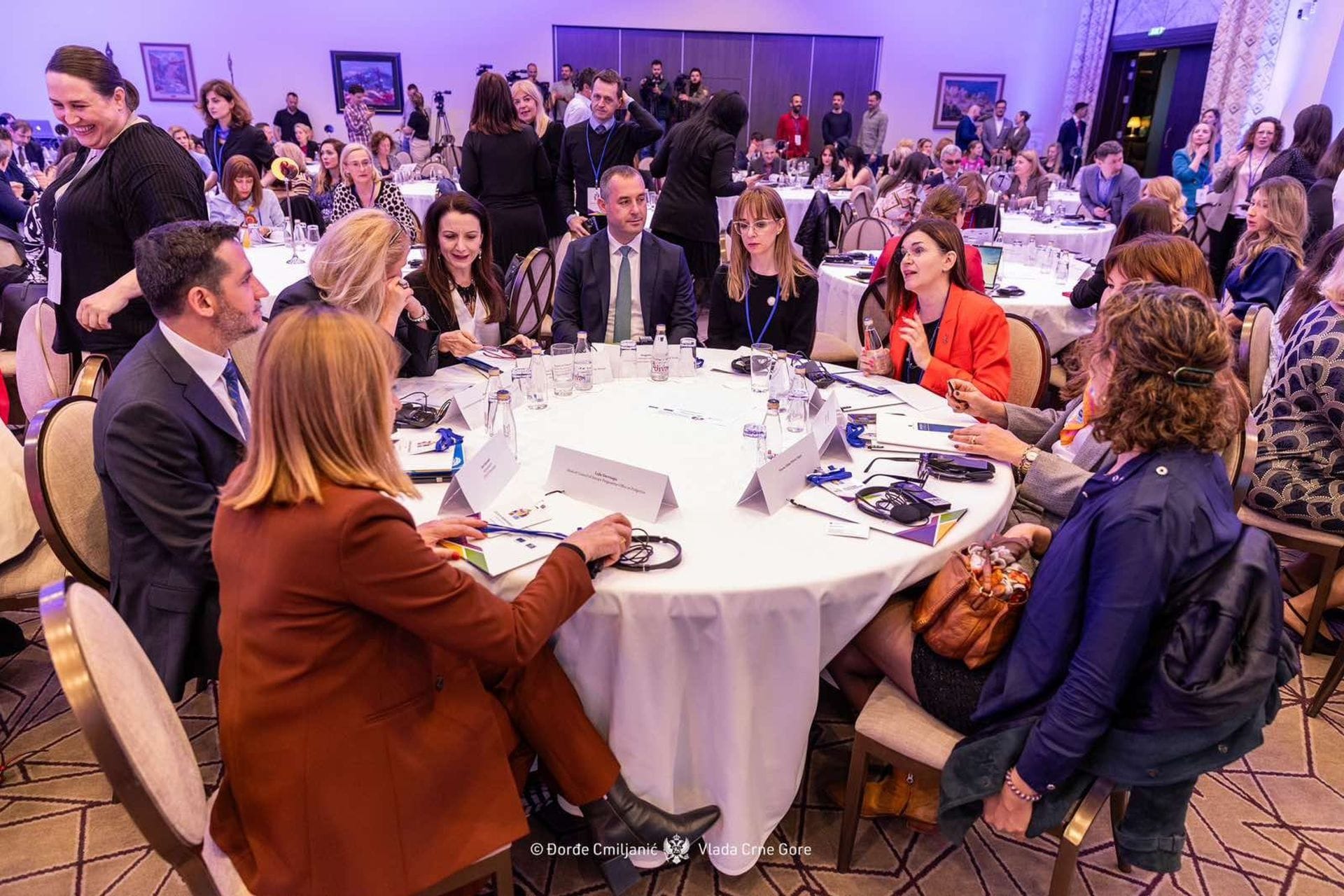
According to latest available data, around 1 in 5 children are survivors of sexual abuse. For children who experience or witness violence, seeking justice or being involved in judicial procedures can be deeply traumatic.
Based on international promising practice proven to minimize trauma and secondary victimization of the child and improve the quality of evidence, the Barnahus model allows professionals including police, prosecutors, social workers, health professionals and the judiciary, to work together in one safe space with child survivors and witnesses of violence and crime.
“By introducing Barnahus Montenegro shows again its full commitment to fulfilling its obligations in the EU accession process. Sectors of interior affairs, health, judiciary, social and child protection and education, Parliament, academia, local communities, private sector, media and all others - we all need to work together to prevent and respond to violence”, Dragoslav Šćekić, Deputy Prime Minister of Montenegro and President of the Council on Child Rights said today at the opening of the regional conference.
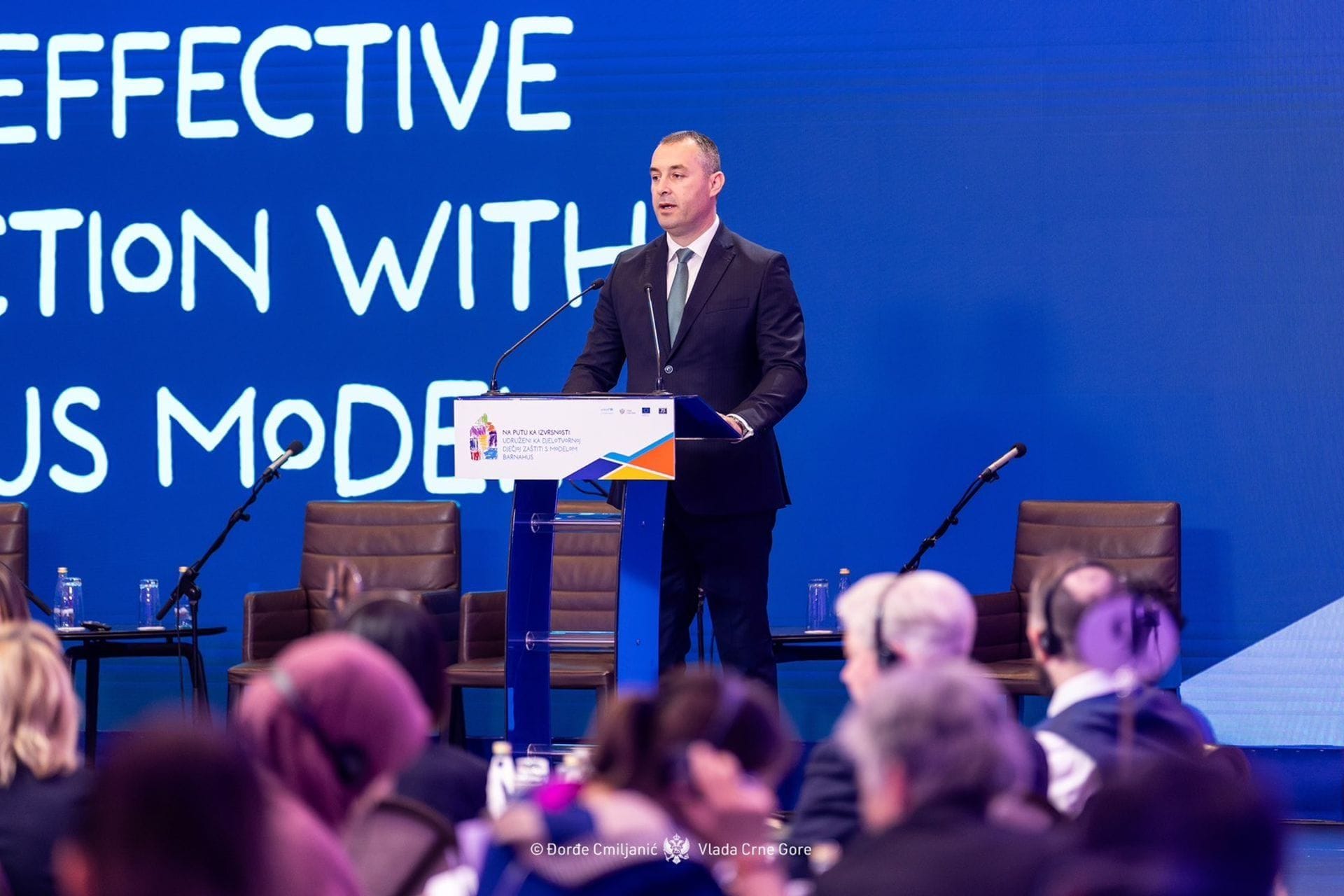
According to UNICEF, Barnahus is a protection mode of service which is fully in line with international human rights standards prescribed by the UN Convention on the Rights of the Child.
UNICEF’s Regional Director for Europe and Central Asia, and Special Coordinator for the Refugee and Migrant Response in Europe Regina De Dominicis said at the opening of the event: “Uniting services under one roof helps ensure children who have experienced or witnessed violence receive a coordinated, effective and compassionate response. The introduction of Barnahus in Montenegro aligns wholeheartedly with the principles of the United Nations Convention on the Rights of the Child and will give hope to child survivors and witnesses of violence.”
The Barnahus model was recognised as a promising practice by the Committee of Parties to the Council of Europe Convention on the Protection of Children against Sexual Exploitation and Sexual Abuse (Lanzarote Committee) in 2015 and since then, the Council of Europe has been actively supporting member states in adapting and using it.
According to the 2023 mapping study, a total of 28 Council of Europe member states have Barnahus and/or Barnahus-type services already in place. Of the remaining 18 states, five are in the process of setting up such services and 11 have at least some other multidisciplinary services for child victims.
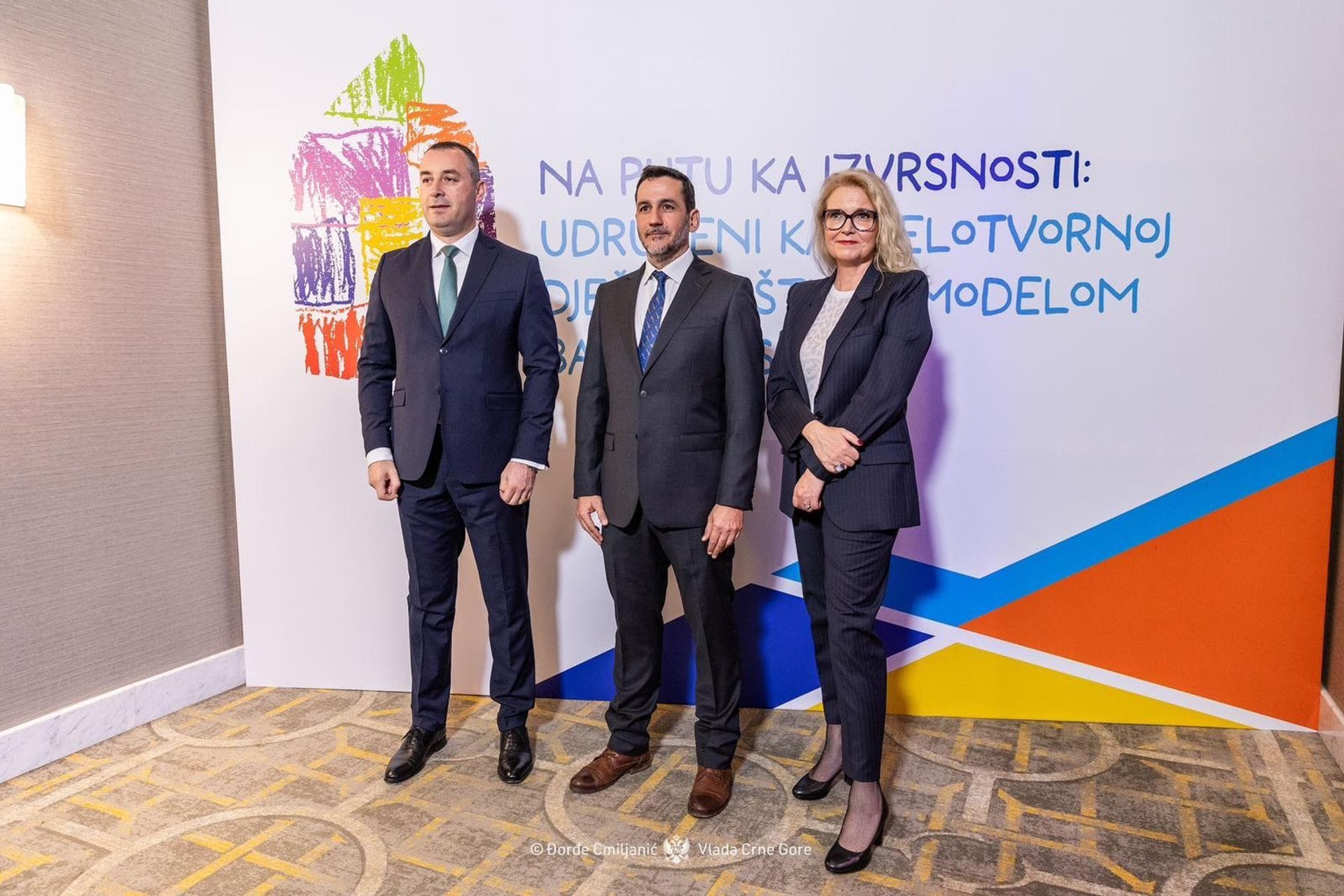
“The Barnahus model acknowledges that a child’s life and experiences cannot be divided up neatly to match the services that are on offer. We must look at the child’s rights and needs, and build services around them. It is our responsibility, together with our international partners, to support the Lanzarote Convention state Parties in making the right reforms to achieve that change in the interest of child victims of sexual violence”, Council of Europe Coordinator for the Rights of the Child, Head of the Children’s Rights Division Regina Jensdottir said at the conference.
Barnahus model has been adopted by many EU countries and is recognised as an international good practice model by the EU Strategy on the Rights of the Child 2021-2024. Its introduction in Montenegro is in line with the country’s path towards the accession to the EU.
“The EU supports Montenegro in preventing and protecting children from all forms of violence and exploitation. We welcome the establishment of Children’s Houses modelled after the Barnahus approach. Montenegro needs a truly comprehensive system of protection and to integrate these houses into a continuum of care for children who need it”, EU Ambassador to Montenegro Oana-Cristina Popa said at the conference today.
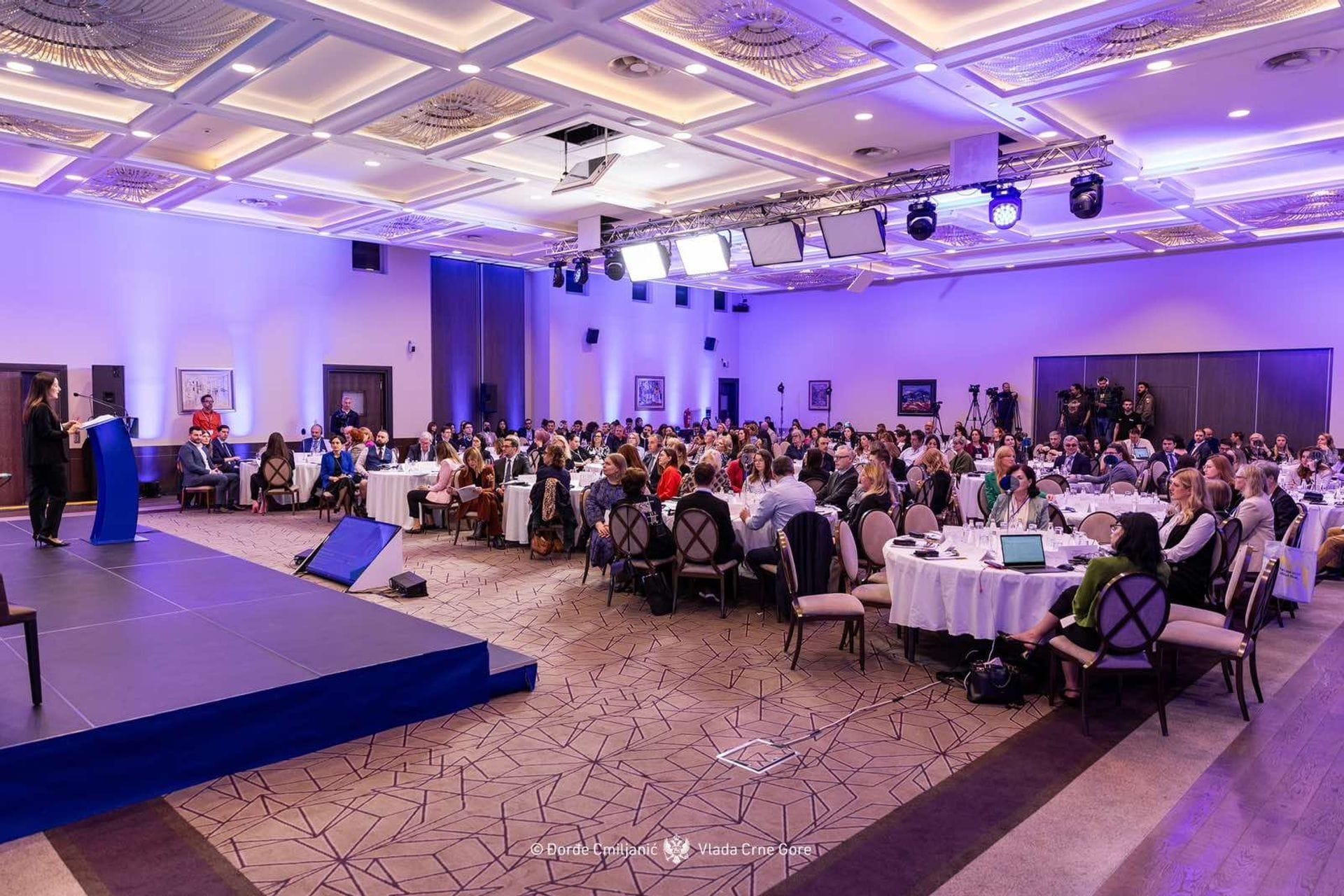
The Council of Europe, UNICEF and EU are committed to supporting the Government of Montenegro and other countries in establishing and maintaining high-quality and sustainable Barnahus services, the speakers at the conference concluded.
The regional Barnahus conference in Montenegro brought together government officials from across Europe and Central Asia, international organisations, civil society and experts on the Barnahus model, child protection, and child rights.

